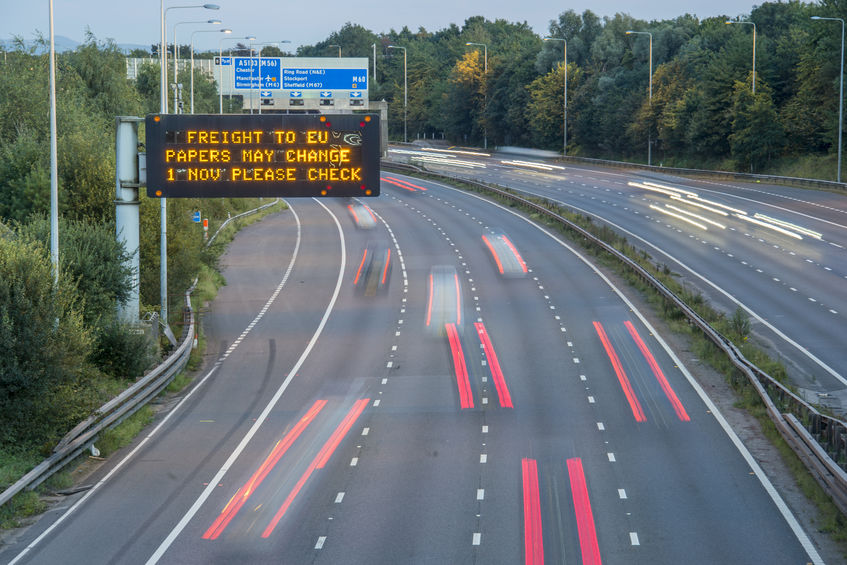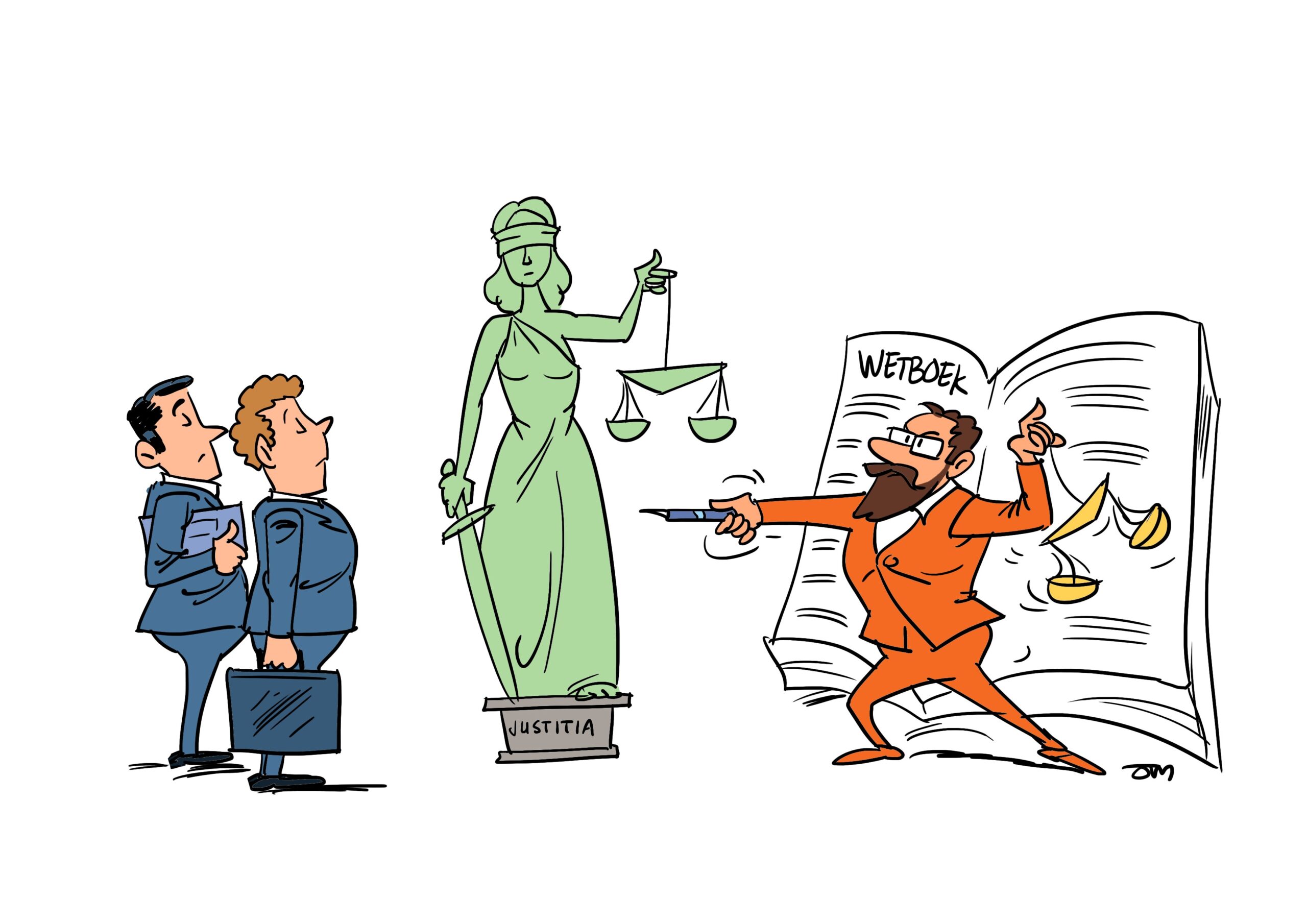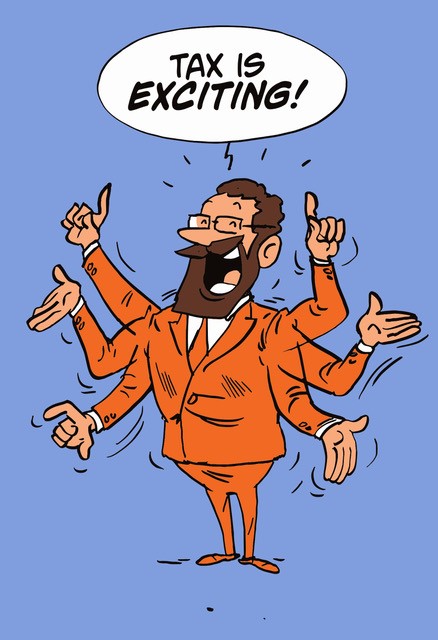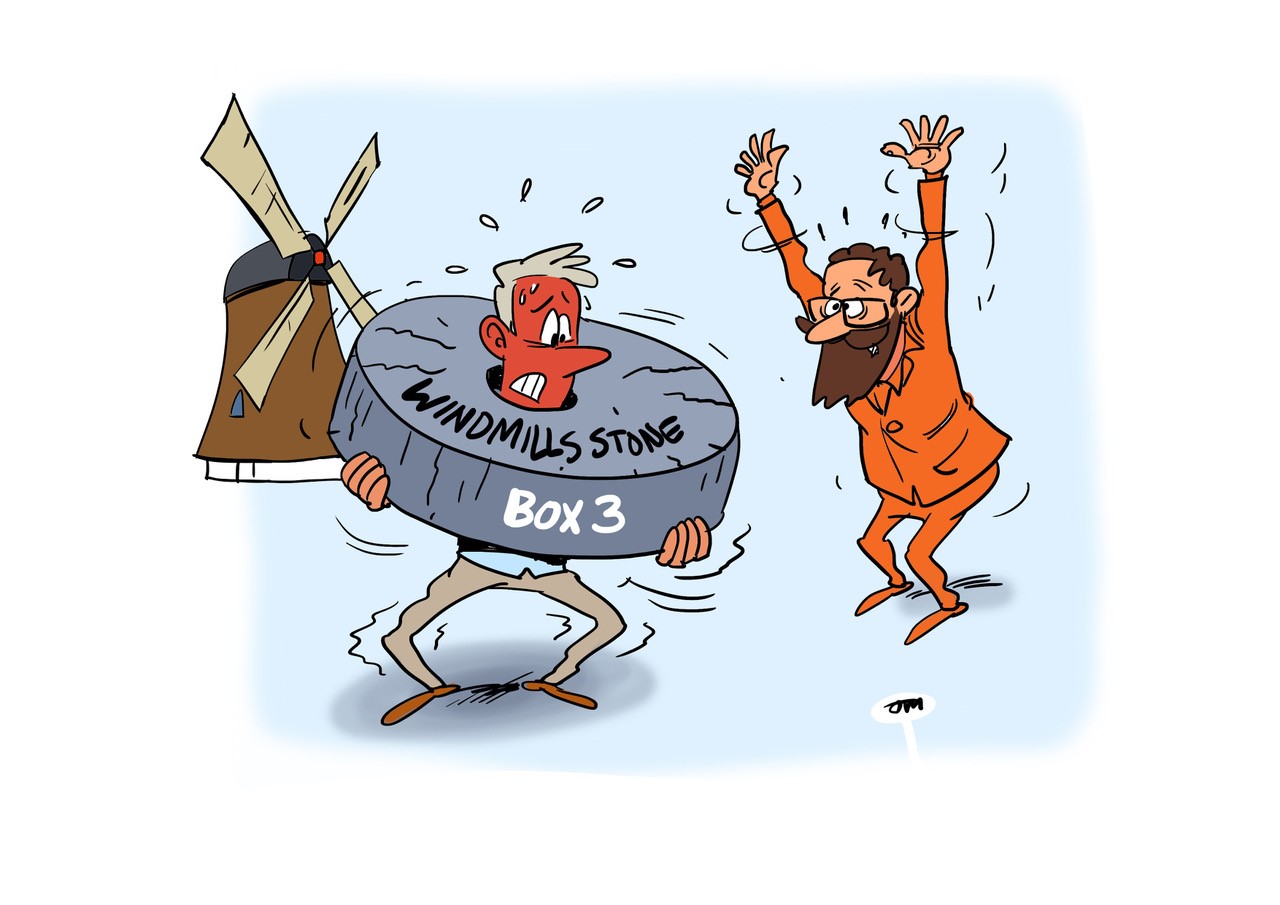Brexit and VAT needs to have your attention if you provide services to the United Kingdom.
Brexit and VAT
The United Kingdom has left the European Union January 31st 2020. From a practical point of view the tax consequences of this Brexit were postponed to December 31st 2020.
We are past the December 31st 2020 date when you read this, what does the Brexit imply for the VAT on your services to UK companies?
VAT on services to the United Kingdom
In the situation you are a service provider to a company in the United Kingdom that has a valid VAT number, you issued an invoice at 0% VAT. Now the UK has left the EU, the UK is a country outside the EU. When a country is outside the EU, the country is also outside the EU VAT system.
No VAT is charged on an invoice issued to a company or private person outside the EU.

What is the difference between 0% VAT and no VAT?
The difference between 0% VAT in the EU and no VAT outside the EU is a formality difference. Although a formality, you need to comply, otherwise the formality becomes expensive.
In the EU you can charge 0% VAT to the other entrepreneur. Important to check if the other company is indeed a VAT entrepreneur. In the UK it is possible to run a company and not be a VAT entrepreneur. Hence we always suggest to check at VIES if the EU entrepreneur is a VAT entrepreneur.
Under invoice requirement conditions 0% VAT can be charged. However, if the EU entrepreneur is not a VAT entrepreneur the 0% rate cannot be applied. The 21% rate is then applicable. Often the client will not appreciate that a lot. Suddenly the correct EU VAT number is provided to you.
What does no VAT imply?
No VAT implies you provide a service to a company or private individual outside the EU. For companies that is often easy to determine. That said, make sure you use the correct company details. If you invoice to a US Inc and you send the invoice to a Dutch address they also use, 21% VAT should have been charged.
The same applies to the private individual, how to determine the individual lives outside the EU. Please do some checking to the best of your ability, to avoid the Dutch tax office charges you with 21% VAT. VAT you often cannot claim with the private individual, as the price set was supposed to have been including VAT.
Tax-is-exciting
We think tax-is-exciting, formalities are often not. Then again, complying with formalities makes your life easier, than fighting them. Follow the requirements, update you invoice content to your UK clients and be in line with new applicable VAT rules to the United Kingdom.




